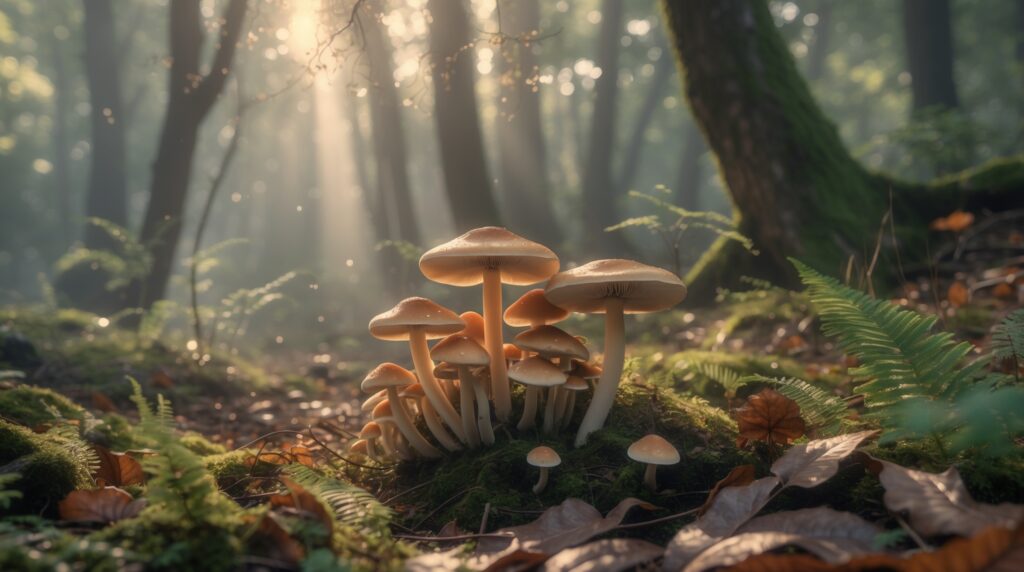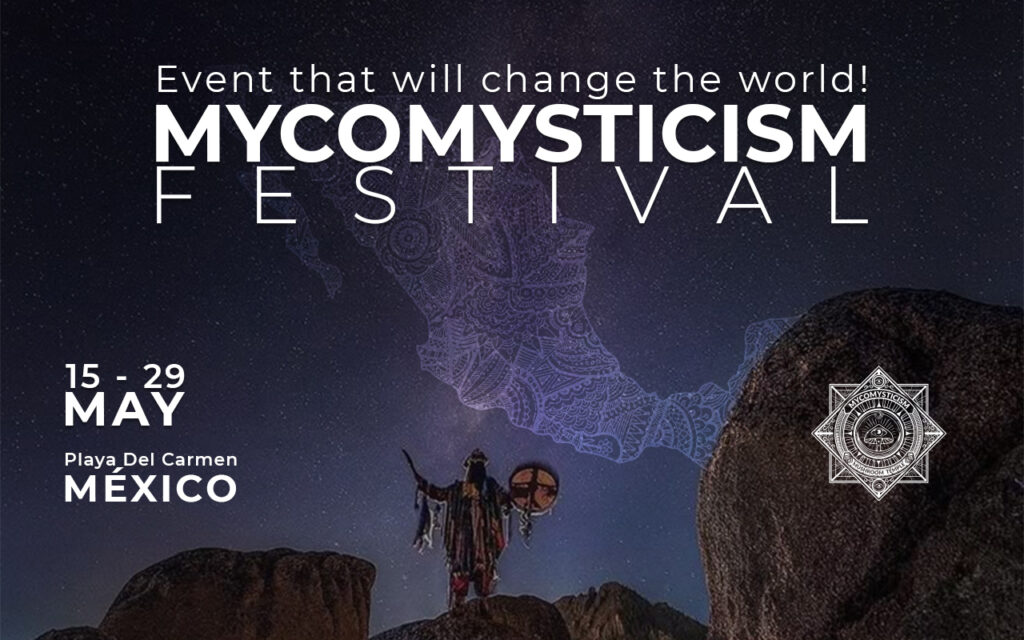What is psilocybin
Understanding Psilocybin: A Complete Guide to This Transformative Psychedelic Substance
Psilocybin is a psychoactive compound found in numerous species of mushrooms, commonly known as “magic mushrooms” or “shrooms.” Across cultures and throughout history, it has been used to alter perception, expand consciousness, and facilitate deep self-exploration.
Imagine stepping into an alternate dimension within your own mind—vivid, enlightening, and sometimes challenging. Psychedelic experiences often push the boundaries of ordinary thinking, leading to profound insights, personal breakthroughs, and a deeper understanding of reality.
Used for spiritual, therapeutic, medicinal, and recreational purposes, psilocybin remains one of the most well-known and widely available natural psychedelics. In this guide, we’ll explore its nature, history, effects on the brain, potential therapeutic applications, and its role in modern psychedelic practices.
What is Psilocybin?
Psilocybin is the primary psychoactive compound found in a variety of mushroom species, including Psilocybe cubensis, Psilocybe semilanceata, and Psilocybe azurescens. Once ingested, psilocybin converts into psilocin, which interacts with serotonin receptors (5-HT2A) in the brain, altering perception, mood, and cognition.
To date, over 180 species of psilocybin-containing mushrooms have been identified. Their historical use spans thousands of years, and today, scientific research is uncovering their potential benefits in treating mental health disorders and enhancing cognitive flexibility.
A Historical Perspective: Psychedelic Mushrooms Through Time
The use of psilocybin mushrooms dates back thousands of years. Archaeological evidence suggests that indigenous cultures in Mesoamerica—including the Aztecs and Mayans—used these mushrooms in religious ceremonies, referring to them as “teonanácatl”, or “flesh of the gods.”
In medieval Europe, mentions of psychoactive mushrooms appear in botanical manuscripts, often accompanied by warnings of their mind-altering effects. By the mid-20th century, the Western world rediscovered psilocybin when researchers began studying its effects on consciousness and mental health.
Today, we are witnessing an unprecedented revival of interest in psilocybin for ceremonial, therapeutic, and personal development purposes.
Psilocybin and Mycomysticism: A Deeper Connection
Beyond its biochemical effects, psilocybin is also at the core of Mycomysticism, a spiritual perspective that regards psychedelic mushrooms as natural guides to higher consciousness. This philosophy suggests that mushrooms are not merely tools for altered perception but intelligent entities that have evolved alongside humans to facilitate personal and collective transformation.
Modern ecological science supports aspects of this view. Researches reveal that mushrooms play a crucial role in underground communication between plants, transferring nutrients and signaling environmental changes. Some theorists draw parallels between this interconnected mycelial intelligence and the expanded awareness reported by psilocybin users.
Those who explore psilocybin through this lens often describe experiences of:
- Profound connection to nature
- A dissolution of the ego
- Spiritual insights and deep realizations
- A sense of unity with a greater cosmic intelligence
Scientific studies have shown that psilocybin reduces activity in the Default Mode Network (DMN)—a brain system linked to self-referential thinking and habitual mental patterns. This temporary “reset” of the brain’s normal processing may explain why many users report feelings of expanded awareness and lasting psychological benefits.
Scientific Research and Therapeutic Applications
Modern research is uncovering the potential of psilocybin as a tool for mental health and well-being. Key areas of study include:
- Depression and Anxiety Treatment – Clinical trials have demonstrated that psilocybin can provide long-lasting relief from treatment-resistant depression, often with just one or two guided sessions.
- PTSD and Trauma Healing – Psilocybin-assisted therapy has shown promise in helping individuals process and integrate traumatic experiences.
- Addiction Recovery – Studies suggest that psilocybin can reduce dependency on substances such as alcohol and nicotine by shifting ingrained behavioral patterns.
- Cluster Headache Relief – Anecdotal reports and preliminary studies indicate that psilocybin may help prevent and alleviate cluster headaches, a debilitating neurological condition.
Unlike traditional antidepressants, psilocybin does not simply suppress symptoms but promotes neuroplasticity, encouraging the brain to form new, healthier connections.
Preparing for a Psilocybin Experience: Key Considerations
If you are considering a psilocybin journey, two fundamental factors will shape your experience:
- Mindset (Set): Your mental state and intentions before taking psilocybin. A clear, open, and positive mindset is essential.
- Environment (Setting): A safe, comfortable, and supportive space significantly influences the experience. Ideally, you should be in a familiar place or under the guidance of an experienced facilitator.
The effects typically last 4 to 7 hours, with varying intensity depending on the dosage. Common experiences include:
- Enhanced emotional awareness
- Changes in perception (color shifts, geometric patterns, or altered sense of time)
- Deep personal insights or breakthroughs
- Increased feelings of connectedness
To make the most of the experience, integration is crucial. This involves reflecting on insights, journaling, discussing with others, and applying newfound perspectives to daily life.
Psilocybin Retreats and Ceremonies: Structured Exploration
Many individuals choose to participate in guided psilocybin retreats or ceremonies, where trained facilitators provide structure, support, and post-experience integration. These settings can be beneficial for:
- First-time users seeking a safe and intentional experience
- Individuals looking for a deeper personal or spiritual journey
- Those exploring psilocybin for therapeutic purposes
Approaching psilocybin with intention and respect enhances the potential for a meaningful and transformative experience.
Psilocybin: A Bridge Between Science, Spirituality, and Self-Discovery
Psilocybin is a powerful substance with deep cultural, spiritual, and scientific significance. While modern research is validating its therapeutic potential, perspectives such as Mycomysticism offer a broader understanding of its role in consciousness expansion and human evolution.
By combining scientific insight with intentional use, psilocybin can serve as both a therapeutic tool and a gateway to deeper self-awareness. As interest continues to grow, responsible exploration and integration remain key to unlocking its full benefits.
If you choose to embark on this journey, approach it with curiosity, preparation, and a mindset of respect—both for the substance itself and the profound experiences it can offer.





